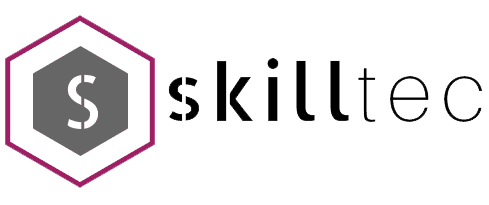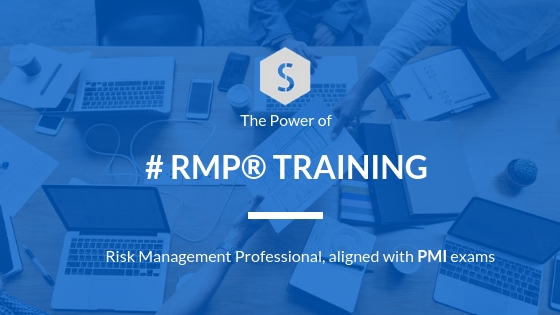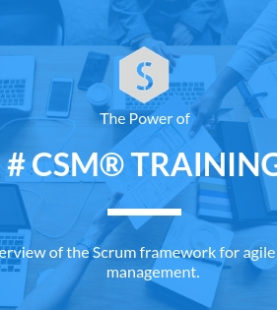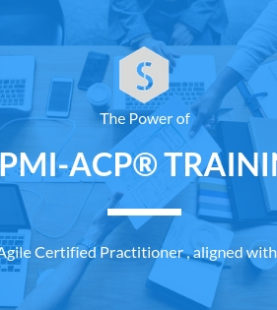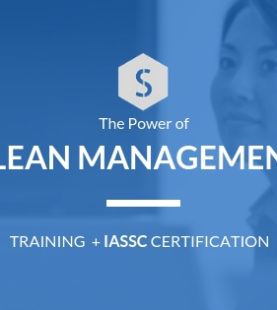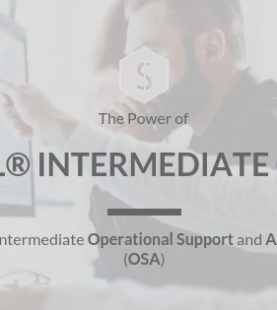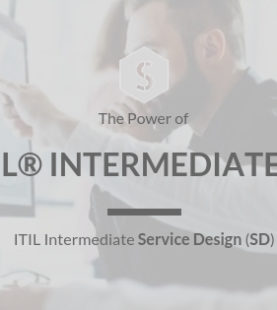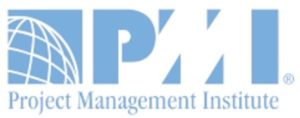RMP® TRAINING
- 23 (Registered)
Program Overview:
Course objectives.
Risk Management Professional certification demonstrates your knowledge and skill in assessing, identifying and controlling risks. This course will enable you to best use risk management principles to execute projects more successfully. You’ll learn to plan for each project with a structured approach that is unique to that project and learn to keep your team focused throughout the lifetime of the project.
You’ll also get an introduction into preparing for and taking the risk management examination, focused on five key domains: risk strategy and planning, stakeholder engagement, risk process facilitation, risk monitoring and reporting, and performing specialized risk activities.
Learning Benefits.
By the end of this PMI-RMP® training you will be able to:
- Identify qualitative and quantitative assessments of risk
- Develop and deploy risk mitigation strategies
- Ensure proper project planning, identify threats and opportunities, and analyze risk events and their potential effects.
- Learn to be more proactive to reduce costs, rather than reactive.
- Gain knowledge of risk management based on the PMBOK Guide and Practice Standard for Project Risk Management
- Pass the PMI-RMP Certification exam on your first attempt
Exam & Certification :
FAQs :
How do I become an RMP® Certified Professional?
Aspirants can get PMI-RMP® certified by following the below processes:
- Step 1: Visit www.pmi.org after completing the training
- Step 2: Register for PMI-RMP exam
- Step 3: Submit payment for PMI-RMP credential
- Step 4: Submit audit materials and supporting documents within 90 days
- Step 5: Take the exam at a Prometric Testing Center and get certified
For detailed information on the application filing process, please refer to the PMI – RMP® Credential Handbook
Disclaimer:
PMI, PMBOK, PMP, PgMP, CAPM, PMI-RMP, PMI-ACP are registered trademarks of the Project Management Institute, Inc.
What are the prerequisites for the MSP certification?
The PMI–RMP certification requires:
A minimum 4500 hours of professional project risk management experience within the last 5 years and 40 hours of project risk management education if you hold a high school diploma or equivalent.
Or
3000 hours of professional project risk management experience within the last 5 years and 30 hours of project management education if you hold a bachelor’s degree or above.
I’d like to learn more about this training program. Who should I contact?
Request a briefing call with our Talent Program Advisor ! They will assist our learners in applying for the right learning solutions, help them building critical skills and help you enrich your learning experience, from class onboarding to project mentoring and career advices.
